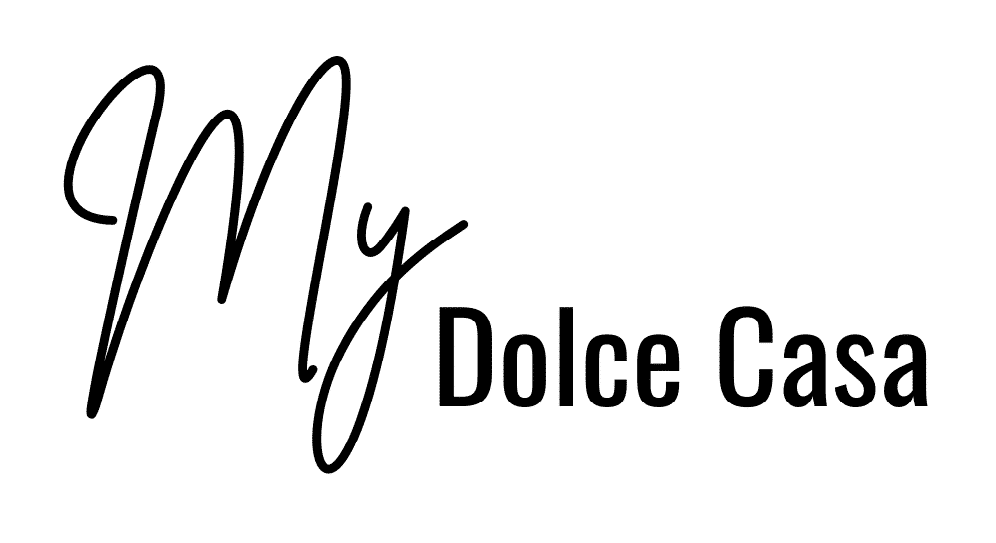Opening a bank account in Croatia as a foreigner is a necessity when relocating or spending an extended period in this beautiful country. A local bank account offers numerous benefits, such as easy access to financial services, simplified transactions, and the ability to manage your finances effectively.
Whether you’re moving to Croatia for work, study, or retirement, understanding the process of opening a bank account will help you confidently navigate the financial landscape.
As of 2023, the official currency in Croatia is the Euro. All local purchases, sales and bank transactions in Croatia are done in Euros. Additionally, you may open bank accounts in Croatia in other currencies, including U.S. Dollar, British Pound Sterling or Canadian Dollar.

By following the proper steps and choosing a reputable bank that caters to expatriates, you can enjoy the benefits of a bank account in Croatia just like any local does:
1. Research and Choose a Bank
Opening a bank account in Croatia is very similar to the process in other European countries, like opening a bank account in France, for instance. As a general rule when moving to a different country, it’s essential to start by researching and choosing a reputable bank that caters to the needs of expatriates.
Here are some top banks in Croatia for expats:
- Privredna Banka Zagreb (PBZ): PBZ is known for its excellent customer service and wide range of banking services tailored to expats. They offer English-language support, convenient branch locations, and user-friendly online banking options.
- Zagrebačka banka (ZABA): ZABA is a leading bank in Croatia with a strong presence and a reputation for catering to the needs of expats. They provide services such as expat banking packages, English-speaking staff, and a user-friendly mobile banking app.
- Erste Bank: Erste Bank is another reputable choice for expats in Croatia. With a vast network of branches and ATMs, they offer services such as multi-currency accounts, international transfers, and dedicated customer support for non-residents.
- Raiffeisenbank: Raiffeisenbank is popular among expats due to its customer-centric approach and range of services designed for international clients. They provide English-language assistance, competitive fees, and a seamless online banking experience.
- Addiko Bank: Addiko Bank is known for its simplicity and customer-focused approach. They offer various banking services, including multi-currency accounts, fast online account opening, and personalized support for expats.
Please note that while these banks are frequently recommended for expats in Croatia, conducting your research and considering your specific banking needs before making a final decision is essential.
2. Consider Factors Such as Accessibility, Services, and Fees
When selecting a bank, consider factors such as accessibility, services offered, and fees. Look for a bank with convenient branch and ATM locations, especially if you plan to live or work in a remote area, small town, or village.

Additionally, consider the services the bank offers, such as online banking, mobile apps, and customer support in English. Comparing fees for various transactions, account maintenance, and currency exchange rates is also crucial to make an informed decision.
3. Check If the Bank Provides Services for Expats
It’s essential to verify if the chosen bank provides specific services for expatriates. Some banks offer dedicated expat banking services, including assistance with paperwork, special account features, and tailored financial solutions for non-residents. Ensure the bank understands and accommodates the unique requirements of foreigners opening accounts in Croatia.
4. Gather Required Documentation
To open a bank account in Croatia, you must gather specific documentation:
- Valid identification documents such as your passport or ID card
- Proof of address, which can be utility bills or a rental agreement in your name
- Legal residency or a valid visa
- A tax identification number, depending on your situation
5. Visit the Bank in Person
Opening a new bank account in Croatia as a foreigner requires visiting the chosen bank in person. This step is needed in order to finalize the application process and ensure a smooth account setup. Here’s what you need to know about visiting the bank in person:
Schedule an appointment with the chosen bank
Before heading to the bank, it’s recommended to schedule an appointment. This helps streamline the process and ensures that a representative will be available to assist you. Contact the bank via phone or email to schedule a convenient time for your visit.
Bring all required documents
You must bring all the necessary documents to open a bank account in Croatia successfully. Ensure you have the original documents and copies to provide to the bank.
Communicate in English or consider hiring an interpreter if necessary
While many banks in Croatia have staff members who can communicate in English, it’s advisable to be prepared for the possibility of limited English proficiency. If you need more confidence in your ability to communicate effectively or if you anticipate potential language barriers, consider hiring an interpreter to accompany you during the bank visit. This will help ensure clear and accurate communication throughout the process.

6. Completing the Application Process
Once you arrive at the bank, you must complete the application process to open your account. Follow these steps to complete the process:
Fill out the necessary forms provided by the bank
The bank will provide you with application forms that require your personal information, such as your name, address, contact details, and occupation. Take your time to fill out the forms, ensuring accuracy and completeness carefully. If you have any questions or need assistance, don’t hesitate to ask the bank representative for help.
Provide all required documentation
Alongside the application forms, you’ll need to submit the required documentation. Present your valid identification documents, proof of address, proof of legal residency or visa status, and any other documents specified by the bank. Double-check that you have all the necessary paperwork and provide the originals and copies.
Answer any additional questions or provide supplementary information as requested
The bank representative may ask additional questions or request supplementary information based on your specific circumstances during the application process. Be prepared to provide any necessary details and address any inquiries. The goal is to clearly understand your financial needs and ensure that the account setup aligns with your requirements.
7. How to Deposit Funds and Activate a Croatian Bank Card
Once your application is approved, it’s time to deposit funds and activate your bank account. Follow these steps to complete this stage:
1. Deposit an initial amount of money into the account
Most banks in Croatia require a minimum initial deposit to activate the account. The amount may vary depending on the bank and the type of account you’re opening, but it’s usually a relatively small amount, 100 Euros or less. The bank representative will guide you through the process and provide you with a receipt for the transaction.
2. Activate the account by following the bank’s instructions
After making the initial deposit, the bank will provide specific instructions to activate your account and card. This may involve signing additional documents, setting up online banking services, obtaining access codes, or activating the bank card at an ATM. Follow the bank’s instructions carefully to ensure your account is fully activated and ready for use.
3. Obtain account details, such as account number and online banking credentials
The bank will provide you with essential account details as part of the activation process. This includes your account number, card number and PIN, which you’ll use for transactions and identifying your account. Additionally, you’ll receive online banking access.

8. Explore Banking Services and Products
Moving abroad comes with learning new customs, processes and logistics specific to your new country. When opening a bank account in Croatia as a foreigner, you must familiarize yourself with the range of banking services and products offered by your chosen bank, including online banking and mobile apps.
Most banks in Croatia offer convenient online banking platforms and mobile apps that allow you to access your accounts, view balances, make transfers, and pay bills from the comfort of your home or on the go. Take the time to explore these services and understand their functionalities to leverage the convenience and efficiency they offer.
Consider additional services such as debit or credit cards, foreign currency exchange, and other specialized products. Depending on your needs, inquire about the debit or credit cards that the bank offers. These cards can provide convenient payment options and often come with additional benefits such as rewards programs or travel insurance. If you frequently engage in foreign currency transactions, inquire about the bank’s foreign currency exchange services to ensure competitive rates and smooth transactions.
9. Understand Fees and Charges
It’s crucial to clearly understand the fees and charges associated with your bank account to avoid any surprises and make informed financial decisions.
Review the bank’s fee structure and charges for various transactions. Different banks may have different fee structures, so it’s important to carefully review and understand the fees associated with account maintenance, ATM withdrawals, wire transfers, and other common banking transactions. Take note of any transaction limits or conditions that may affect the fees charged.
Seek clarification from the bank representative if any fees are unclear and if you have any questions or concerns about specific fees or charges, don’t hesitate to ask for clarification from a bank representative. It’s important to clearly understand the fees you may incur to avoid any unnecessary expenses or misunderstandings in the future.
10. Maintain and Manage Your Bank Account
Once you have opened a bank account, it’s important to maintain and manage it effectively to ensure smooth financial operations.
Monitor your account regularly
Regularly check your account balances, transaction history, and pending transactions to stay updated on your financial activity. Monitoring your account will help you detect any unauthorized transactions or errors promptly.
Set up notifications or alerts for transactions and balances
Many banks offer notification services that can alert you via email or SMS for specific transactions, balance thresholds, or account activity. Utilize these tools to stay informed and receive real-time updates about your account.
Keep track of fees and charges
To control your finances, keep track of any fees and charges associated with your bank account. Regularly review your bank statements and transaction history to ensure accuracy and identify any unexpected charges. By staying aware of fees, you can make necessary adjustments to your banking behavior or promptly address any issues with the bank.
For a smoother and faster move abroad, check out other practical guides about living in Croatia.

